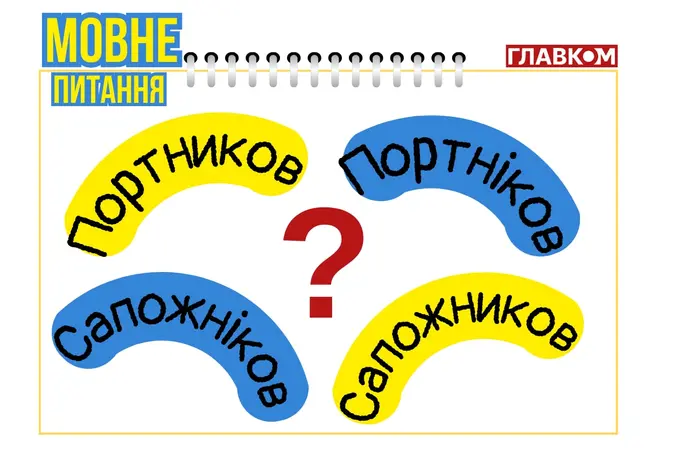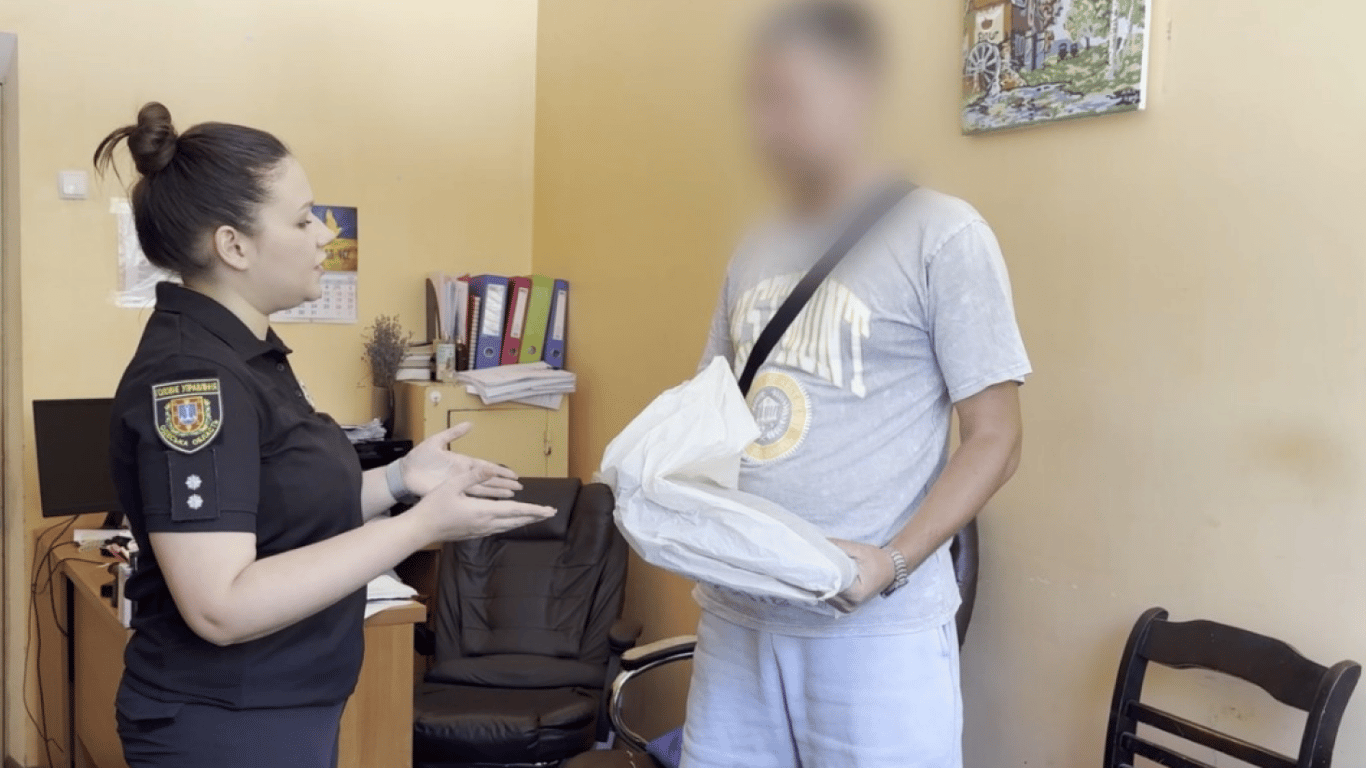Portnikov or Portnіkov? Linguist explained how to properly convey Russian surnames in Ukrainian.


How to properly convey Russian surnames in Ukrainian: a well-known linguist gave advice
Linguist Olga Vasilyeva explained that according to the current spelling rules, the Russian letter 'и' in the suffixes -ик-, -ич-, -иц-, -ищ- should be transmitted with the letter 'и', as in examples: Belykov, Golik, Kotelnikov, Gnydych, Solzhenitsyn, etc. She emphasized the need for maximum Ukrainianization of surnames. She even mentioned her own surname in the context of adaptation to Ukrainian spelling.
"My husband used to be Vasilyev, but he corrected the mistake in his passport. Someone may ask why he didn't correct the rest of the letters (for example, to Vasiliv). Because the surname is Russian, and there's no escape from this, but it can be adapted. Even Medvedev we recorded with one softened letter, not three (Medvedev). By the way, the example 'Medvedev' is in the spelling rules," explained Olga Vasilyeva.
She also noted that from the feminine name 'Oleksandra' in the Ukrainian language, forms 'Sanya', 'Sanda', 'Lesya' are formed, while from the masculine name there are 'Sanko', 'Sashko', 'Shurko', 'Les'. The philologist also clarified whether the word 'grudi' has a singular form and which word to use to denote one of the breasts.
In her column 'Language Issue', Olga Vasilyeva provides useful recommendations for the Ukrainianization of Russian surnames and explains complex linguistic cases for readers.
Read also
- Kyiv in danger — developer 'Avtostrada' destroys the city's water bodies
- Test of Traffic Rules for the Attentive - Who Passes the Intersection First
- In Odesa, a man stole icons from a church - what he faces
- What Latin letters mean on Ukrainian car number plates
- Alimony for parents - when children should provide financial support
- Find assistance up to 17.5 thousand UAH - who will receive payments in July









